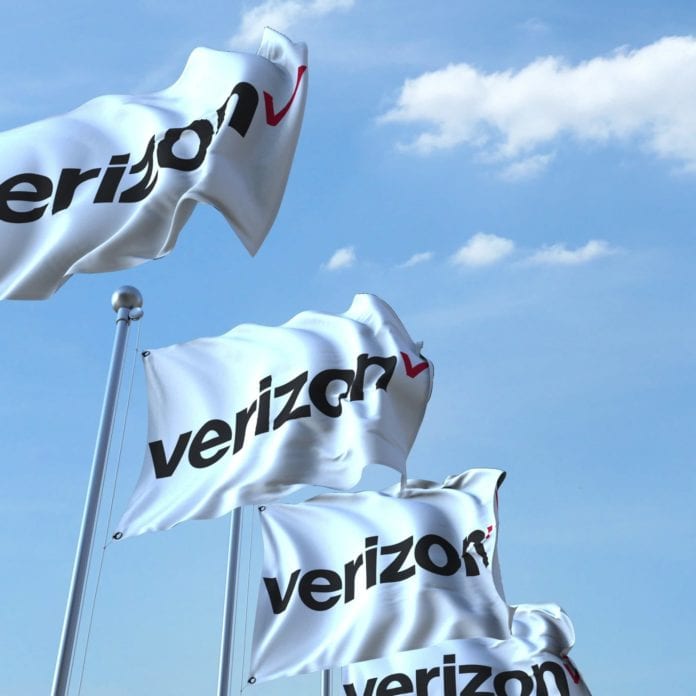Verizon tests DSS in Minnesota and Texas
Verizon said that it has successfully completed tests of Dynamic Spectrum Sharing (DSS) technology in its live network in Minnesota and Texas, adding that the testing “showed effective completion of data sessions with both LTE and 5G [New Radio] services running simultaneously over low band spectrum.”
DSS allows 5G to run in multiple bands simultaneously with LTE. Verizon has long said that DSS is the foundation of its strategy to expand 5G beyond millimeter-wave-based deployments in urban centers and take the technology nationwide. The carrier said that when it rolls out commercial DSS deployment “in the near future,” DSS will let it “use its full portfolio of current spectrum resources to serve both 4G and 5G customers.”
“The most recent successful trials of our DSS technology demonstrate we are on track to launch 5G nationwide in 2020,” said Adam Koeppe, SVP of technology planning at Verizon, in a statement. “DSS will allow us to run 5G technology on the same spectrum bands as LTE without inefficiently wasting spectrum resources. It will complement Verizon’s primary strategy of offering a keenly differentiated 5G Ultra Wideband service on mmWave spectrum which will remain our deployment priority.”
On Verizon’s most recent quarterly call, CEO Hans Vestberg said that DSS testing was “going very well” and that Verizon was not having any supply chain issues related to the technology. “I’m certain that Kyle and his team will put it in the hands of Ronan [Dunne, group CEO of Verizon Consumer] and Tami [Erwin, group CEO of Verizon Business] and decide when they turn it on in the second half. That’s where we are today,” he said at the end of April.
“The inherent characteristics of 5G technology will lead to a wide variety of use cases that include everything from massive numbers of IoT devices that do very little networking, to smartphones with infinite opportunities to use data, to more complex solutions such as AR/VR that will require massive computing capabilities on the edge of the network,” Koeppe said. “Those solutions will each require different combinations of the capabilities 5G will offer. To ‘right-size’ network resources for these various use cases, it will require great flexibility and adaptability in the network. DSS is an important stepping stone in achieving the flexibility and adaptability needed to accomplish such an aspirational level of programmability in our advanced Intelligent Edge Network.”
AT&T announced earlier this month that DSS is active in “portions” of its network to provide 5G and LTE service simultaneously.
On the vendor side, Ericsson has been driving DSS commercialization with its Ericsson Spectrum Sharing product. Earlier this year, Ericsson said that 80% of its customers that were testing DSS planned to deploy in the next 12 months. Swisscom, Play, Ooredoo Qatar and Telstra have publicly discussed their use of Ericsson’s DSS software.
Nokia said in April that volume shipments of DSS are expected by July. In February, T-Mobile President of Technology Neville Ray non-specifically noted “vendor delays” of DSS solutions.

